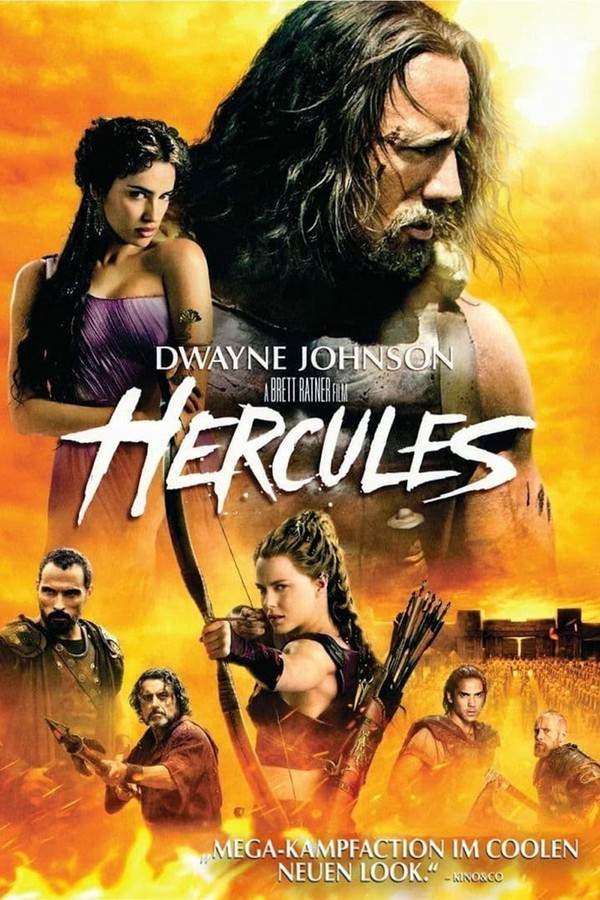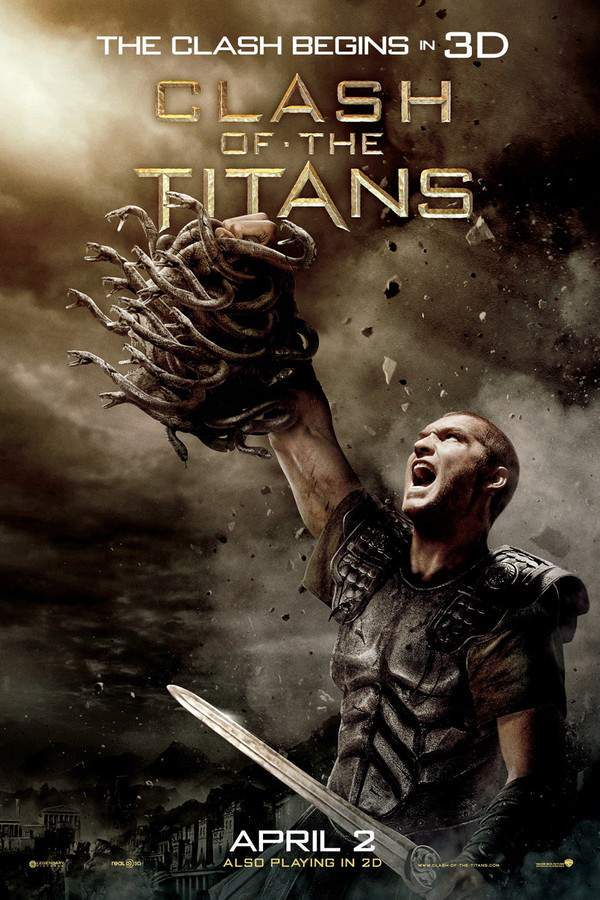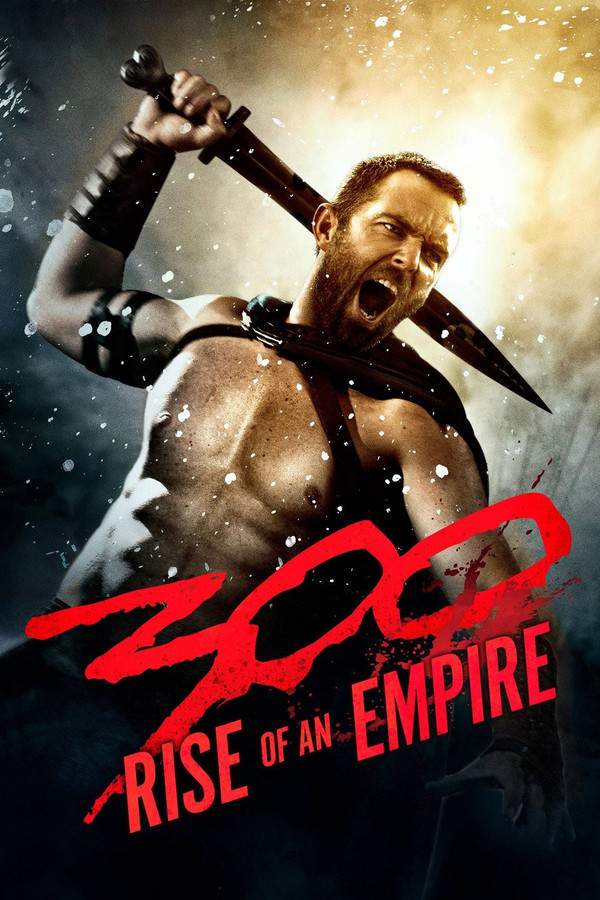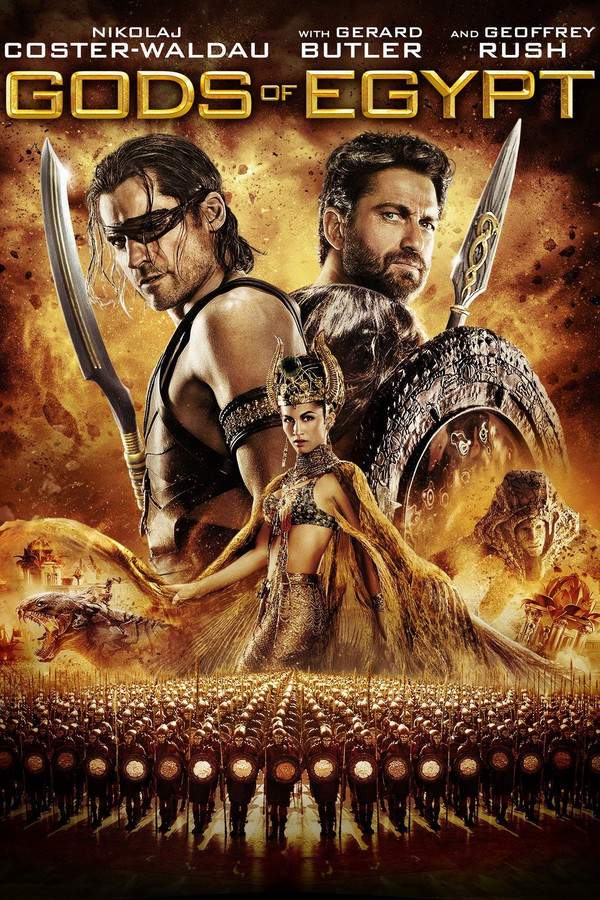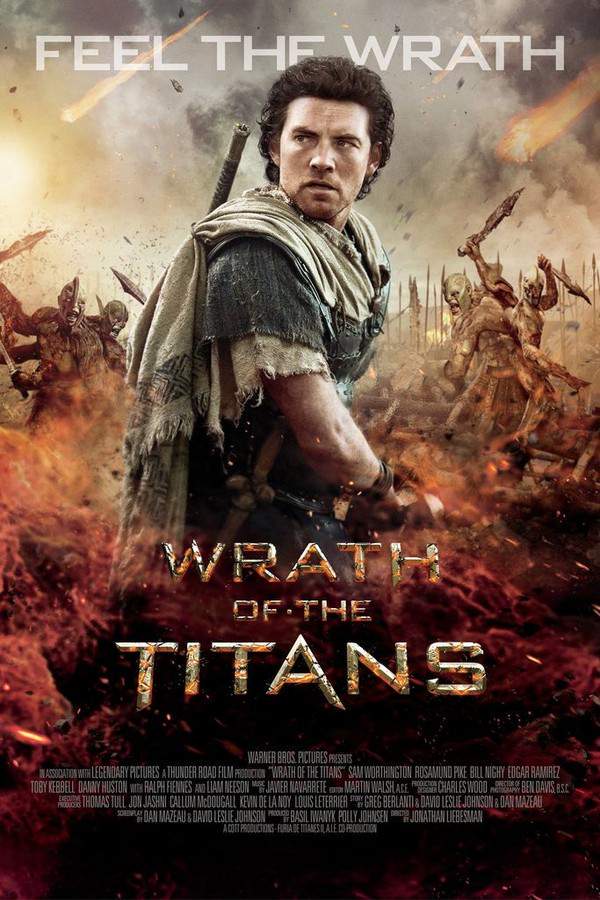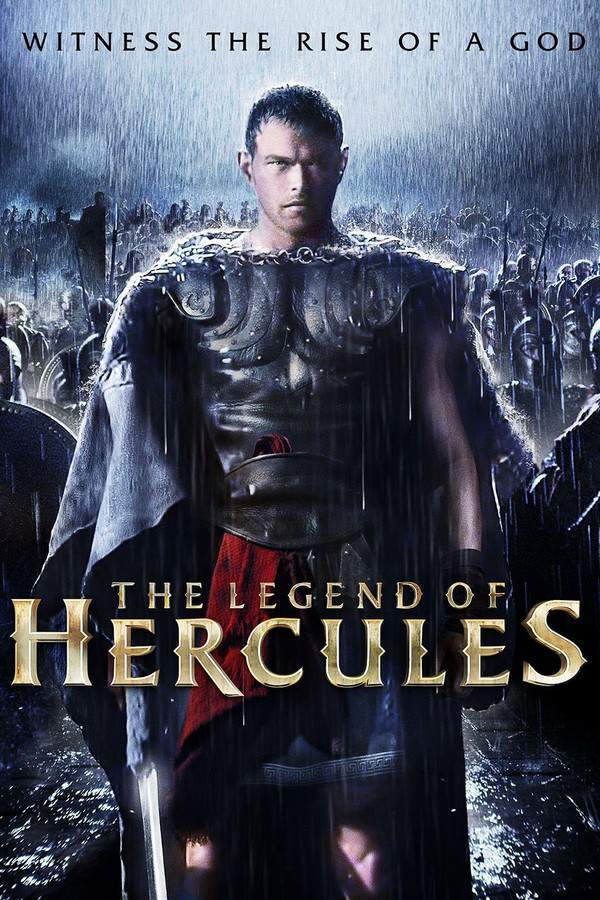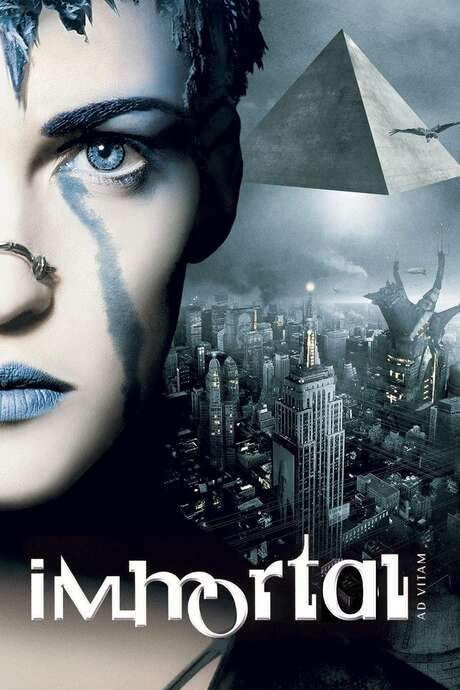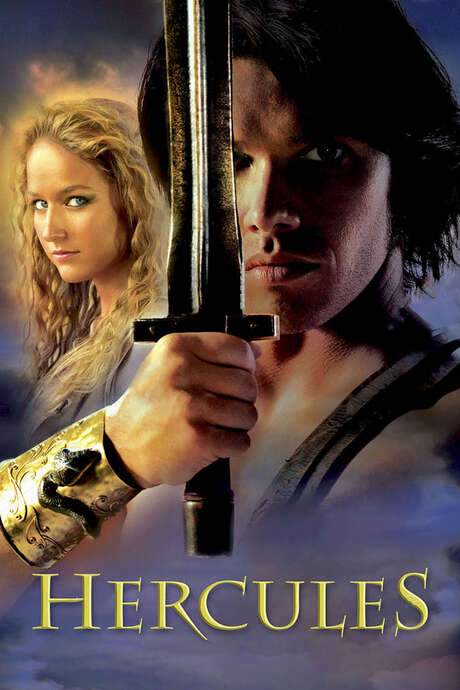Immortals 2011
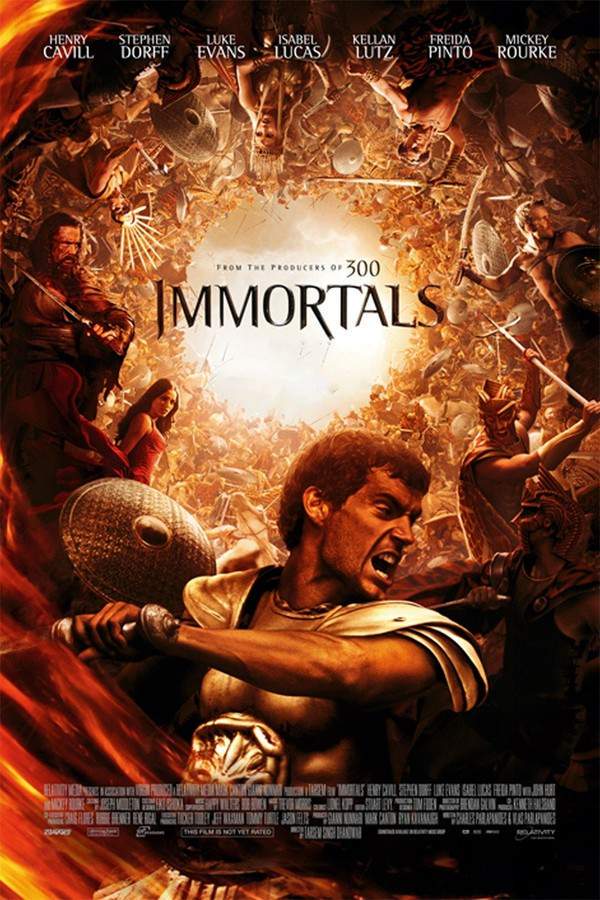
In a world following a victory over the Titans, a new threat arises. King Hyperion, driven by vengeance, begins a devastating war against humanity, seeking the legendary Epirus Bow. With this weapon, he intends to unleash the imprisoned Titans and bring about the destruction of the mortal world. The gods are powerless to intervene, and the fate of humanity rests on the shoulders of Theseus, a lone hero who must confront overwhelming odds to prevent annihilation.
Does Immortals have end credit scenes?
No!
Immortals does not have end credit scenes. You can leave when the credits roll.
Meet the Full Cast and Actors of Immortals
Explore the complete cast of Immortals, including both lead and supporting actors. Learn who plays each character, discover their past roles and achievements, and find out what makes this ensemble cast stand out in the world of film and television.
External Links and Streaming Options
Discover where to watch Immortals online, including streaming platforms, rental options, and official sources. Compare reviews, ratings, and in-depth movie information across sites like IMDb, TMDb, Wikipedia or Rotten Tomatoes.
Ratings and Reviews for Immortals
See how Immortals is rated across major platforms like IMDb, Metacritic, and TMDb. Compare audience scores and critic reviews to understand where Immortals stands among top-rated movies in its genre.

46
Metascore
5.8
User Score


50%
TOMATOMETER

49%
User Score

6.0 /10
IMDb Rating

60
%
User Score

3.99/5
From 94 fan ratings
Take the Ultimate Immortals Movie Quiz
Challenge your knowledge of Immortals with this fun and interactive movie quiz. Test yourself on key plot points, iconic characters, hidden details, and memorable moments to see how well you really know the film.
Immortals Quiz: Test your knowledge on the epic tale of Theseus and the gods in 'Immortals'.
Who is the mortal king seeking revenge against the gods?
Theseus
Hyperion
Lysander
Zeus
Show hint
Full Plot Summary and Ending Explained for Immortals
Read the complete plot summary of Immortals, including all major events, twists, and the full ending explained in detail. Explore key characters, themes, hidden meanings, and everything you need to understand the story from beginning to end.
Before humanity or beasts roamed the Earth, a fierce conflict among immortals erupted in the heavens. The victorious declared themselves as gods, while their defeated foes were called Titans and cast into the depths of Mount Tartarus. Among the spoils of their battles was the Epirus Bow, a weapon of extraordinary potency that was lost on Earth. Fast forward to 1228 B.C., where the mortal king Hyperion of Heraklion is on a relentless quest to reclaim this bow, seeking to unleash the imprisoned Titans as revenge against the gods who failed to save his family. In his pursuit, he captures the virgin oracle Phaedra (Freida Pinto), convinced she can pinpoint the weapon’s hidden location.
Meanwhile, in a nearby village, the people are preparing to flee to Mount Tartarus to escape Hyperion’s marauding army. Notably, Theseus, a gifted warrior trained by his mentor, the wise old man John Hurt, finds his home under siege. Theseus, along with his mother Aethra (Anne Day-Jones), are marginalized due to his origins, stemming from her prior assault. When Athenian soldiers, including Lysander (Joseph Morgan), threaten their safety, Theseus rises to defend his village but is ultimately captured when Hyperion’s forces ravage the area, resulting in the death of his mother.
In the celestial realm, the old man is revealed to be Zeus (Luke Evans), who counsels other gods such as Athena (Isabel Lucas), Poseidon (Kellan Lutz), Ares (Daniel Sharman), Apollo (Corey Sevier), and Heracles (Steve Byers). He cautions them against intervening in mortal matters, believing that, before the Titans are released, mankind must prove themselves against Hyperion’s might.
As Theseus becomes enslaved alongside the cunning thief Stavros (Stephen Dorff), Phaedra catches a glimpse of Theseus in a vision and organizes a revolt, allowing her and her fellow captives to escape. In a fierce pursuit of Hyperion, Theseus attempts to seize a boat but is met by overwhelming forces. In a divine intervention, Poseidon plunges from Olympus, conjuring a tidal wave that obliterates Hyperion’s soldiers. Phaedra’s visions lead her to understand that Theseus must honor his mother in her final resting place.
During Aethra’s burial, Theseus inadvertently uncovers the Epirus Bow embedded in stone but faces the Machiavellian Minotaur (Robert Maillet). Theseus triumphs over this foe and wields the Bow to rescue his comrades from execution, although he is left weakened by the Minotaur’s poisoned wounds. As he recuperates, Phaedra finds herself falling in love with him, renouncing the burdensome visions she previously bore.
Returning to Phaedra’s temple while Hyperion’s men are otherwise occupied, a trap is sprung, resulting in the loss of the Bow. With his life at stake, Ares intervenes, and Athena provides horses to aid Theseus in fleeing to Mount Tartarus. In a moment of fury, Zeus punishes Ares for defying his directive and admonishes Theseus that help from the gods is severed; he must alone bear the weight of their expectations.
Undeterred, Theseus leads Stavros and Phaedra on a journey to Mount Tartarus. Numerous attempts to alert King Cassander (Stephen McHattie) about Hyperion’s impending attack are dismissed as mere myth. The following day, Hyperion harnesses the Bow’s destructive power to breach the mountain’s defenses, resulting in a devastating loss of life, including that of Helios.
As Theseus rallies the Hellenic forces against their oppressors, he faces off with Hyperion in an epic confrontation. The release of the Titans from their stone prison causes chaos, and while Stavros attempts to wield the Bow against a Titan, he meets a tragic end. The gods join the battle, but even their combined strength falters against the overwhelming number of Titans, resulting in heavy casualties.
In a climactic duel, Theseus vanquishes Hyperion, and Zeus collapses Mount Tartarus to contain the freed Titans. The destruction annihilates the invading forces, but Theseus faces mortal injuries in the process. Carrying his legendary status with him, he ascends to Olympus, granted a place among the gods.
Years later, Theseus’ tale has transformed into myth, and Phaedra has given birth to their son Acamas (Gage Munroe). As little Acamas is approached by the old man, he is informed that he too will be destined to challenge evil when the time calls for it. Acamas gazes into the sky, witnessing a vision of a battleground filled with gods and Titans, with the heroic Theseus fighting valiantly alongside them.
Uncover the Details: Timeline, Characters, Themes, and Beyond!

Coming soon on iOS and Android
The Plot Explained Mobile App
From blockbusters to hidden gems — dive into movie stories anytime, anywhere. Save your favorites, discover plots faster, and never miss a twist again.
Sign up to be the first to know when we launch. Your email stays private — always.
Watch Trailers, Clips & Behind-the-Scenes for Immortals
Watch official trailers, exclusive clips, cast interviews, and behind-the-scenes footage from Immortals. Dive deeper into the making of the film, its standout moments, and key production insights.
Immortals Themes and Keywords
Discover the central themes, ideas, and keywords that define the movie’s story, tone, and message. Analyze the film’s deeper meanings, genre influences, and recurring concepts.
Immortals Other Names and Titles
Explore the various alternative titles, translations, and other names used for Immortals across different regions and languages. Understand how the film is marketed and recognized worldwide.
Similar Movies To Immortals You Should Know About
Browse a curated list of movies similar in genre, tone, characters, or story structure. Discover new titles like the one you're watching, perfect for fans of related plots, vibes, or cinematic styles.
Quick Links: Summary, Cast, Ratings, More

What's After the Movie?
Not sure whether to stay after the credits? Find out!
Explore Our Movie Platform
New Movie Releases (2025)
Famous Movie Actors
Top Film Production Studios
Movie Plot Summaries & Endings
Major Movie Awards & Winners
Best Concert Films & Music Documentaries
Movie Collections and Curated Lists
© 2025 What's After the Movie. All rights reserved.



















